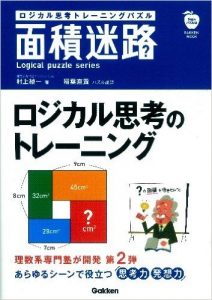If you’ve been a regular reader of this blog you may remember a post in 2014 advocating the use Duck Tape to help with practical investigations. The post was: http://mathssandpit.co.uk/blog/?p=1585
I’ve recently reused the mechanics activity with a new class of Year 12 students. They had only just started mechanics and were familiar with models and suvat equations. We timed four different objects being dropped, under gravity, down a stairwell. The items had a variety of masses: a paper helicopter, a light plastic ball, a small sponge and a dense juggling ball. We meticulously timed each drop and double checked the height.
I asked the students to work out the velocity of each object on impact with the ground. It was akin to lighting the blue touch paper and standing back …
They are a competitive bunch and raced ahead to use the correct suvat equations to calculate the velocity. Then the fireworks started!
Part of the class insisted that the juggling ball must have the highest velocity. Part of the class insisted the velocities were the same for all of the objects. The rest were catching up and wondering what all the discussion was about. I innocently gathered their ideas on the board and asked them what was going on. Those who had used initial velocity, time & distance to find the final velocity had differing answers for each object. Those who had used initial velocity, distance and acceleration had a consistent answer.
Suddenly a hand shot up and said “Because we model objects as particles, their mass doesn’t matter so we can’t use the times”. This was followed by assorted groans from the class – especially those who’d used the individual times of the objects.
The variation of the original activity was to emphasise prior learning on setting up mathematical models for solving mechanics problems. Objective achieved!
(Obviously later in the course we’ll look at the impact of mass on mechanical models, but this was early days)

 Image credit: Plickers.com
Image credit: Plickers.com
